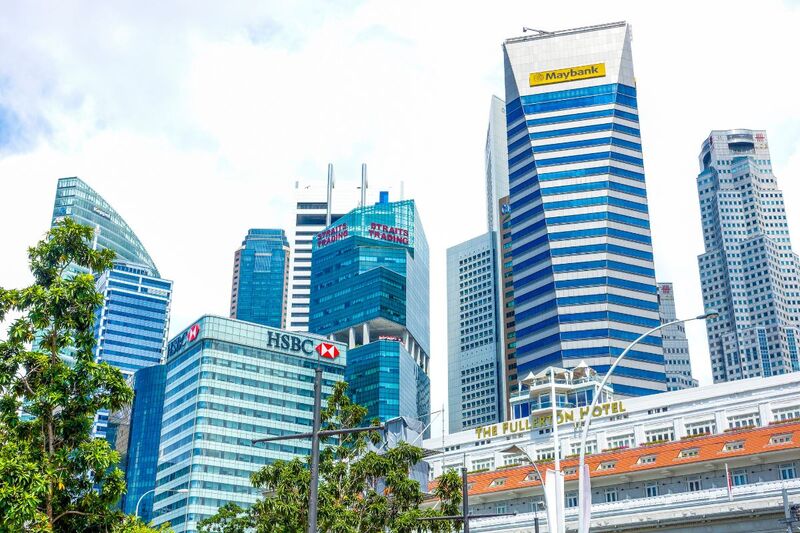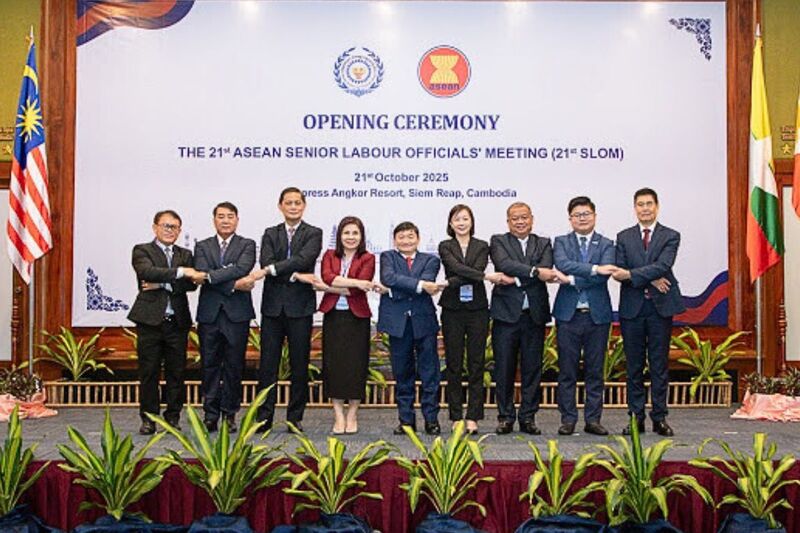Top 5 Ways Singapore Pursues Inclusivity
Singapore has long been recognised for its economic prowess and rapid development. Yet, the island nation’s commitment to inclusivity and social cohesion is equally noteworthy. Through a series of government initiatives and community-driven efforts, Singapore aims to create a society where every individual feels valued and included. Here are the top five ways Singapore is pursuing inclusivity.
1. Inclusive Digital Services
In a world increasingly driven by technology, ensuring that no one is left behind is paramount. Singapore’s Government Technology Agency (GovTech) has made significant strides in making digital services accessible to all, including persons with disabilities. By 2030, the goal is for all high-traffic government websites to be fully accessible.
Statistics:
- In 2023, 73% of these websites were accessible, a 10% increase from the previous year.
- The Singpass app, launched in 2018, has undergone enhancements such as Multi-User SMS 2FA and expanded language support, making it user-friendly for a wider audience, including those with visual impairments.
2. Empowering Women in the Workplace
Singapore has made considerable progress in promoting gender equality, especially in the workplace. The White Paper on Singapore Women's Development, launched in 2022, outlines 25 action plans to support women across different life stages.
Statistics:
- The employment rate for women aged 25-64 increased from 53% in 1994 to 75% in 2021.
- The percentage of women on boards of the top 100 listed companies rose from 7.5% in 2014 to 19.7% in 2022.
- Singapore’s adjusted gender pay gap improved from 8.8% in 2002 to 4.3% in 2020.
3. Support for Persons with Disabilities
The Enabling Masterplan 2030 aims to build a society where everyone, including persons with disabilities, can achieve their fullest potential. A key focus is on inclusive employment, with a target employment rate of 40% for persons with disabilities by 2030.
Statistics:
- The employment rate of resident persons with disabilities aged 15-64 improved from around 28% in 2018-2019 to about 31% in 2021-2022.
4. Engaging Youth in Policy Making
Recognising the importance of youth involvement in shaping the country’s future, the Ministry of Culture, Community and Youth (MCCY) engages young Singaporeans through platforms like the Youth Circles. These initiatives allow youth leaders to contribute to policy making on specific issues, fostering a sense of ownership and responsibility.
Initiatives:
- Youth Circles: Engages youth in discussions and contributions to policy development.
- Forward Singapore: An engagement exercise to gather ideas from citizens on making society more inclusive.
5. Promoting Social Capital and Trust
Building social capital and trust among diverse communities is crucial for social cohesion. The MCCY promotes activities and spaces that encourage interaction across different cultural and social groups.
Initiatives:
- Expansion of common spaces: Developing arts, heritage, and sports facilities.
- Enhancing the Community Dispute Management Framework: Promotes amicable resolution of disputes to foster good neighbourliness.
Conclusion
Singapore’s approach to inclusivity is multifaceted, addressing digital accessibility, gender equality, support for persons with disabilities, youth engagement, and social cohesion. Through continuous improvement and collaboration across government, industry, and community, Singapore aims to build a society where everyone feels they belong and can contribute to the nation’s progress.
Seeking Your Next Career Opportunity?
Submit your CV — Our trusted Career Consultants will review your resume and contact you if we find a position that matches your profile!
OR
Looking to Hire?
Please fill in this Inquiry Form — our Recruitment Consultants will be in touch with you soon!
Disclaimer:
The information provided in our blog articles is intended for general informational purposes only. It is not a substitute for professional advice and should not be relied upon as such.
While we strive to provide accurate and up-to-date information, the ever-evolving nature of certain topics may result in content becoming outdated or inaccurate over time. Therefore, we recommend consulting with qualified professionals or experts in the respective fields for specific advice or guidance. Any actions taken based on the information contained in our blog articles are solely at the reader's discretion and risk. We do not assume any responsibility or liability for any loss, damage, or adverse consequences incurred as a result of such actions.
We may occasionally provide links to external websites or resources for further information or reference. These links are provided for convenience and do not imply endorsement or responsibility for the content or accuracy of these external sources. Our blog articles may also include personal opinions, views, or interpretations of the authors, which do not necessarily reflect the views of our organisation as a whole. We encourage readers to verify the accuracy and relevance of information presented in our blog articles and to seek professional advice when needed.
Your use of this website and its content constitutes acceptance of this disclaimer.
Reference Links:
https://snef.org.sg/wp-content/uploads/2016/10/Win-Promoting_Integration_Workplace.pdf






